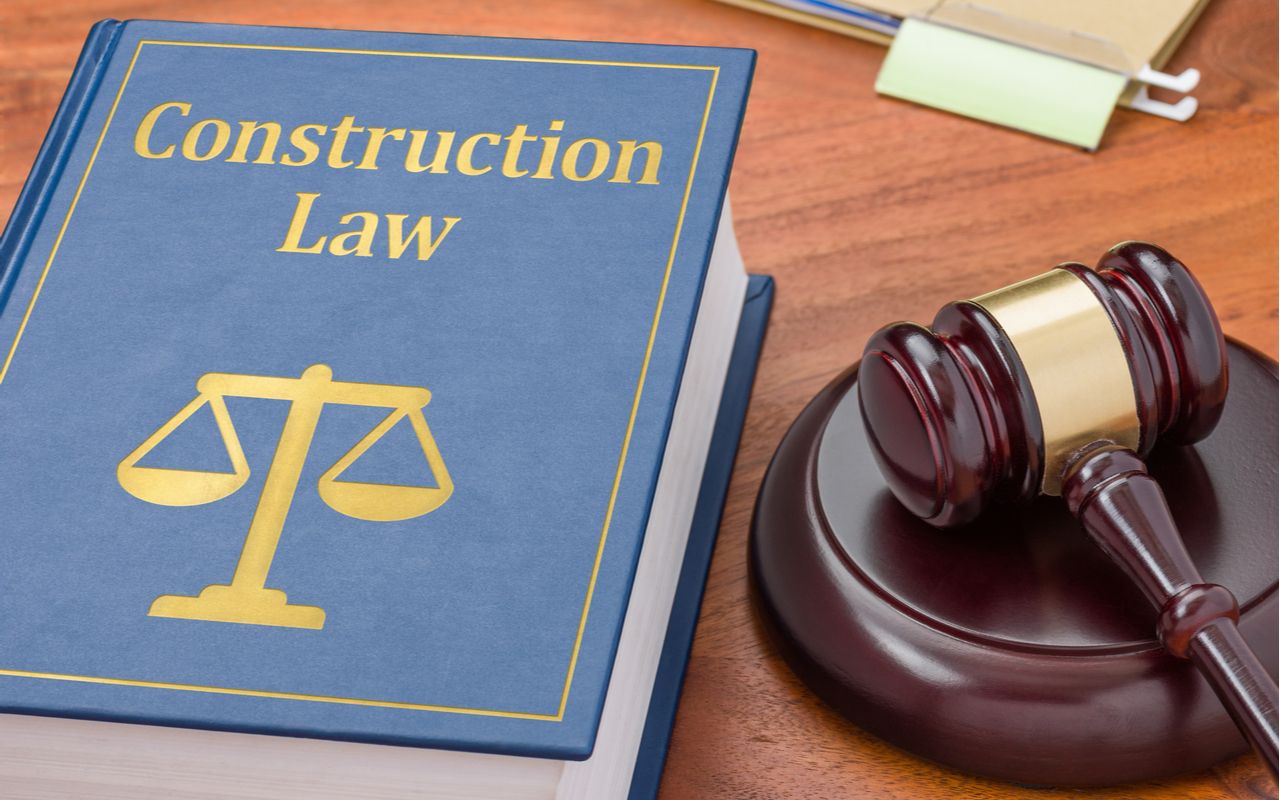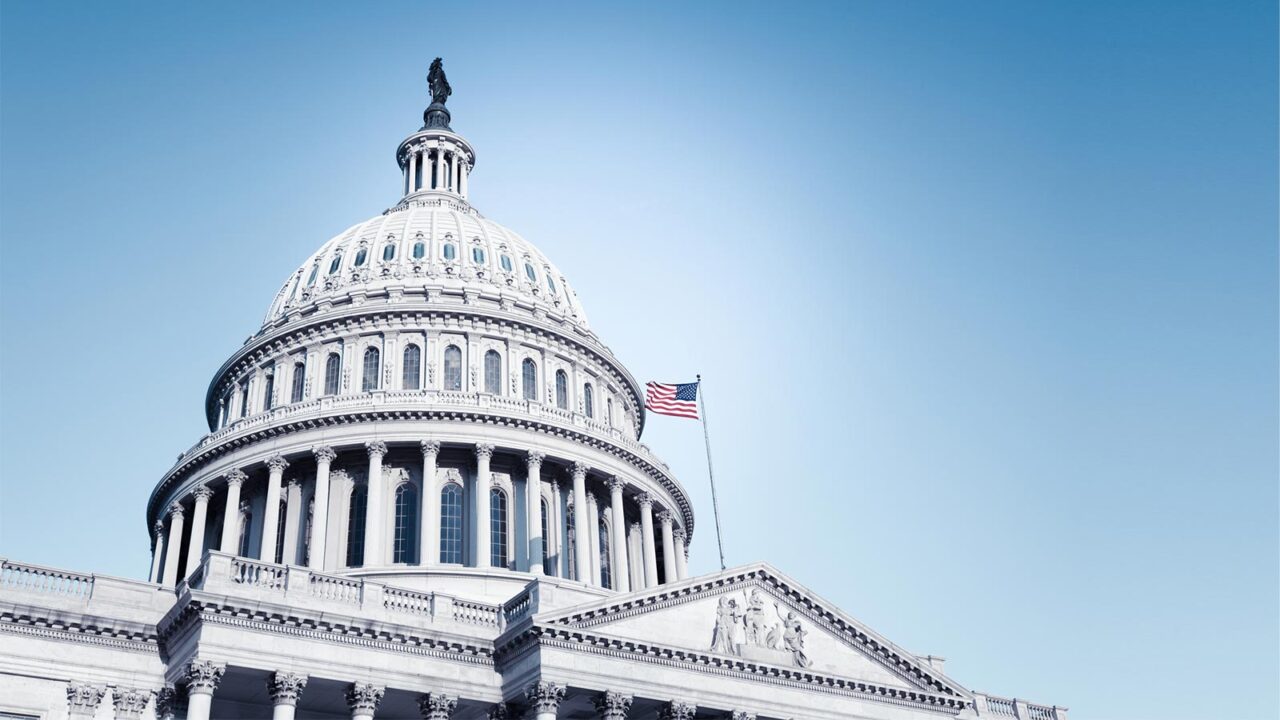An owner of a construction project had problems, so it commenced an arbitration against the general contractor. Unfortunately, the arbitrator denied the owner’s claims. The owner then decided to file actions in court against the subcontractors since they didn’t participate in the arbitration because there was no arbitration agreements with them. The owner thought the denial of claims against the general contractor by the arbitrator wouldn’t apply to them the owner though he could get a do-over in the court proceeding.
Unfortunately for the owner, it doesn’t work that way. Under the legal doctrine of res judicata and the companion doctrine of collateral estoppel, claims against the subcontractors are likely to be dismissed at the outset of the case.
Res judicata is Latin for “the thing has been decided.” It is based on the principle that a final judgment of a competent court is final and conclusive unless new material evidence is discovered. It precludes parties, or those in privity with them, from re-litigating issues that were or could have been raised in a previous proceeding that resulted in a judgment on the merits. Collateral estoppel precludes a party from re-litigating an issue that was necessary to a judgment on its merits in the prior litigation. For res judicata or collateral estoppel to apply, it is fundamental that the party against whom it is being applied had a full and fair opportunity to present its arguments in the underlying proceeding.
The claims the owner asserted against the subcontractor are, for all intents and purposes, the same claims that he brought against the general contractor and lost in the arbitration proceeding. While the owner tried to dress them up as tort claims instead of contract claims, the claims arose out of the same facts, resulted in the same damages and required substantially the same proofs. The owner also had the opportunity to fully and fairly present claims in the arbitration proceeding. The subcontractors were in privity with the general contractor for purposes of res judicata not only because of their subcontracts, but also because the claims are basically the same. Accordingly, res judicata bared the owner’s claims.
Exactly this scenario occurred in a recent Connecticut case, Girolametti v. Michael Horton Asssociates, Inc., 332 Conn. 67 (2019). In Girolametti, an owner sued subcontractors in court after losing an arbitration against the general contractor. After winding its way through the appellate process, the Supreme Court of Connecticut decided that the subcontractors were entitled to dismissal of the claims on the basis of res judicata. The subcontractors had argued that the claims were the same and that they were in privity with the general contractor. The owner argued, among other things, that the claims were different. The Court found that the claims were at heart, the same and that the subcontractors had privity.
The Court also found, as a rule of law, that a subcontractor is deemed to be presumptively in privity with a general contractor for purposes of res judicata. Other courts, including Texas, Massachusetts, California, Rhode Island and Missouri, have adopted similar presumptions. The Court’s holdings were based on the principles of res judicata set forth above, as well as the well-settled standard that arbitration awards are entitled to the same deference for res judicata purposes as judgments of a court.
If an owner decides to change the claims against the subcontractors by more than simply turning contract claims into tort claims, that should work because they are different claims, right? Might work; probably won’t. If the claims are basically the same, but merely dressed to look like different claims, the court will likely see through the subterfuge just as the Supreme Court of Connecticut did in Girolametti. If the claims are in fact different, but still rely on issues necessary to the arbitration decision, the owner will be barred from re-litigating those issues under collateral estoppel. The only real chance is with claims against the subcontractors that the owner could not have brought against the general contractor. In other words, claims that are uniquely against the subcontractors.
What if the owner had won against the general contractor? Could he then pursue additional claims against the subcontractors? What if the decisions on the issues necessary to that arbitration award included findings that would be very helpful in the owner’s claims against the subcontractors? Are those findings binding against the subcontractors under collateral estoppel? The answer once again is “no.” The arbitration findings are not binding against the subcontractors unless the subcontractors had the opportunity to defend against them in the arbitration proceeding. Every party is entitled to present its defense.
The takeaway is that participation in an arbitration may be held against an owner by a nonparticipant, but it is not going to be able to hold an arbitrator’s award against a nonparticipant. Thus participation in an arbitration can have an effect on other proceedings, but it will only be to the benefit if the other party in the subsequent proceeding had the opportunity to participate in the arbitration.







